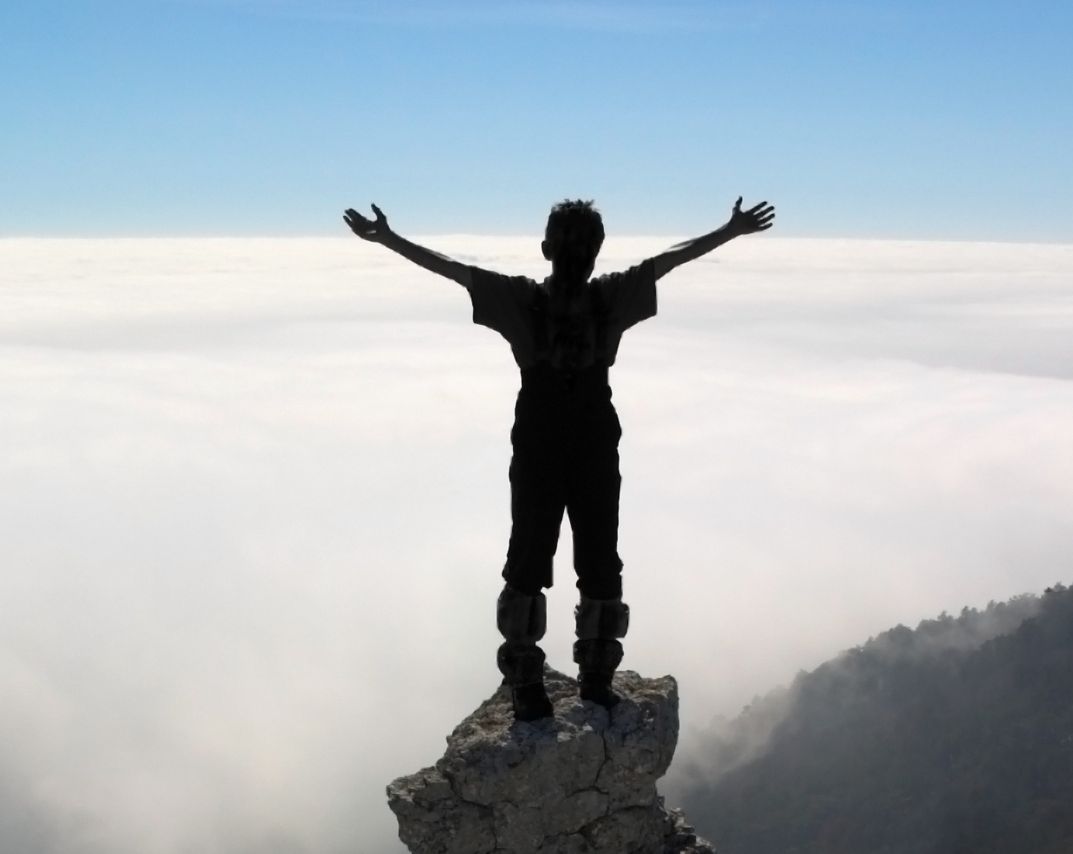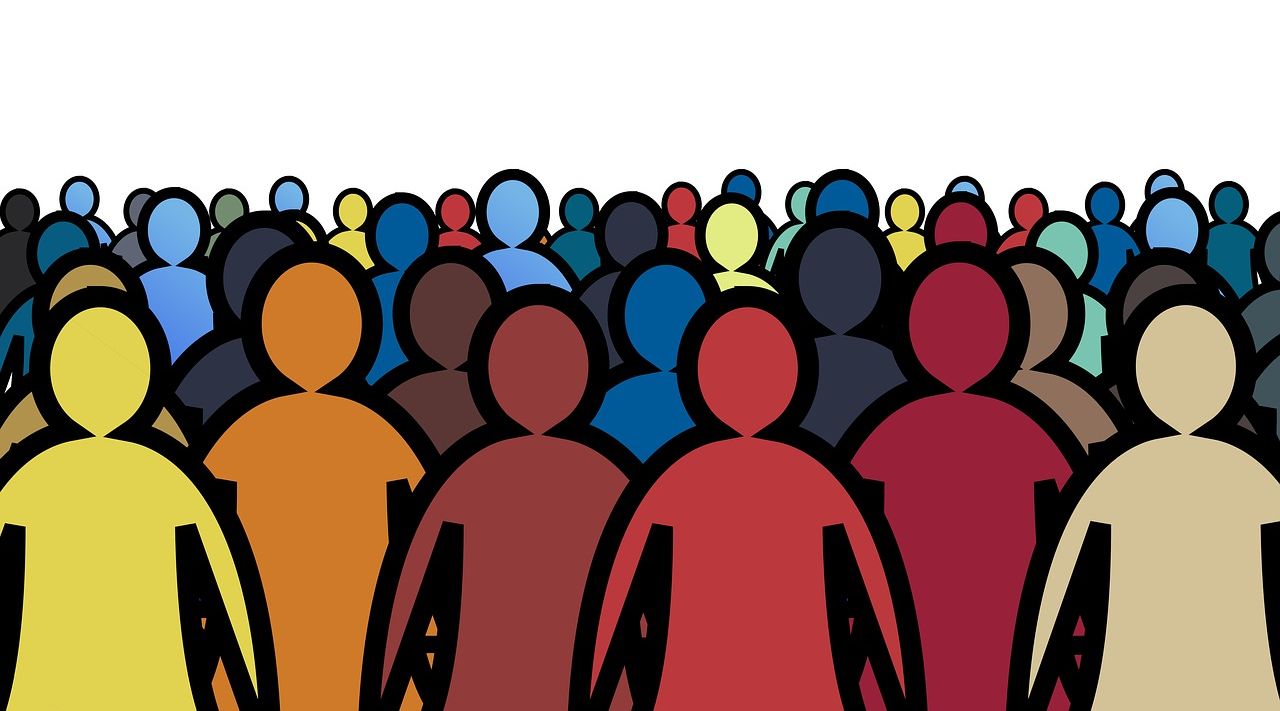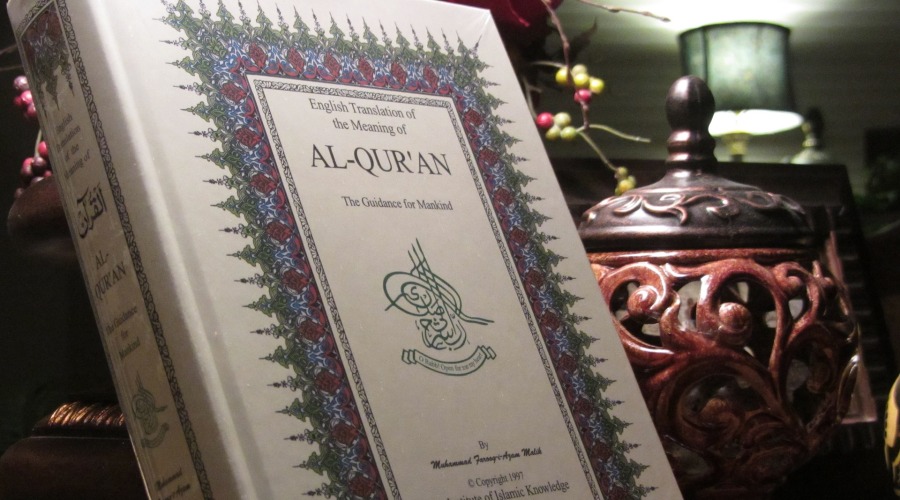Dedicated to the Memory of Deah Shaddy Barakat, Yusor Mohammad Abu-Salha, and Razan Mohammad Abu-Salha.
We live in a society that is becoming increasingly Islamophobic. Despite this, Our Three Winners (Chapel Hill Shooting) left behind a legacy in this country and around the world so that even though they are no longer on this earth, people still do good acts in their memory.
Faris Barakat, Deah’s brother, says Deah means light in Arabic so his house will become a lighthouse. Family and friends will continue to carry on the Three Winners’ legacy of community service and spread their message of kindness, love and generosity. They inspired me too right now by writing this article in their memory.
Any Muslim should be like the Three Winners’ too; wherever they go they leave a legacy that stays behind even after they die; they simply inspire others to follow in their footsteps.
Abu Hurairah reported: The Messenger of Allah, peace and blessings be upon him, said, “When the human being dies, his deeds come to an end except for three: ongoing charity, beneficial knowledge, or a righteous child who prays for him.” (Muslim)
What is the Role of a Muslim?
{I did not create the jinn and mankind except to worship Me.} (Al-Dhariyaat 51:56)
This verse clearly explains to us the reason of our creation. We should worship Allah alone.
However, we need to delve deeper into the meaning of worship. Should a Muslim merely stay in worship, isolating himself/herself from their surroundings?
Islam is not a religion of monasticism. Certainly, worship is the essence of Islam, however the connotation of worship is not only that of spiritual and physical rituals; it encompasses more than that.
A Muslim’s role in the society is “worship” through the spread of morals, knowledge, development, etc. This takes us to the Muslims’ stance as Allah’s Khalifah (Vicegerent) on earth.
A Muslim is Allah’s Khalifah (Vicegerent) on Earth
Allah says in the Holy Quran:
{And [mention, O Muhammad], when your Lord said to the angels, “Indeed, I will make upon the earth a successive authority.” They said, “Will You place upon it one who causes corruption therein and sheds blood, while we declare Your praise and sanctify You?” Allah said, “Indeed, I know that which you do not know.”
And He taught Adam the names – all of them. Then He showed them to the angels and said, “Inform Me of the names of these, if you are truthful.”
They said, “Exalted are You; we have no knowledge except what You have taught us. Indeed, it is You who is the Knowing, the Wise.”
He said, “O Adam, inform them of their names.” And when he had informed them of their names, He said, “Did I not tell you that I know the unseen [aspects] of the heavens and the earth? And I know what you reveal and what you have concealed.”} (Al-Baqarah 2:30-33)
These verses are magnificently showing the noble and outstanding capacity Allah gave to the human being exalting them over Angels (and other living creatures) with knowledge. Was not the first word Allah revealed to Prophet Muhammad (peace be upon him) {Read!} (Al-Alaq 96:1)?!
With knowledge comes understanding, and with understanding comes sound choices and order; not just in the personal sphere but moreover worldwide.
This is our role as Allah’s Khalifah (vicegerent) on earth. To understand that we should abide by Allah’s commands and in that lies all success. Allah Almighty says (interpretation of meaning):
{For He it is Who has appointed you vicegerent over the earth, and has exalted some of you over others in rank that He may try you in what He has bestowed upon you. Indeed your Lord is swift in retribution, and He is certainly All-Forgiving, All Compassionate.} (Al-An`am 6:165)
The Character of the Prophet Was the Quran
Sa`d ibn Hishaam ibn `Aamir came to Madinah and went to Aishah (may Allah be pleased with her) and asked her about some matters. He said:
I said: O Mother of the believers, tell me about the character of the Messenger of Allah (peace be upon him). She said: Do you not read the Qur’an? I said: Of course. She said: The character of the Prophet of Allah (peace be upon him) was the Quran.
I wanted to get up and not ask about anything else until I died. (Muslim)
I believe one of the most critical issues that negatively impact the Muslim Ummah is their relationship with the Quran. On one hand, we have the secular Muslims who disregard it, using it as a rite in weddings and death ceremonies, etc. but not as a daily guidance.
And on the other hand, we have the ‘fanatic’ Muslims who misinterpret it as a tool to feed their aggression. In between, we have the ‘moderate’ Muslims, who read it, mostly on a daily basis, but however in most cases, only understand a little of its’ content and hence are unable to get the full benefit from its’ reading.
Here, comes our role as students of Quran, with Allah’s guidance and our understanding of the meanings of the Quran to take benefit of this knowledge not only for ourselves but for all mankind by explaining it to others.
Just imagine if all of us grasped what Allah is telling us, how the world would be such a wonderful harmonious place as we would live in the guidance of this Holy Book about which Allah Almighty says:
{“Say: ‘If all mankind and the jinn would come together to produce the like of this Quran, they could not produce its’ like, howsoever they might help one another.’”} (Al-Isra’ 17:88)
So, let us rise and follow in the footsteps of the Quran and Sunnah. Let us leave our legacies as Muslims on this earth and make it a better place. Let us spread the true teachings of Islam such as peace, generosity, compassion, morals, justice, knowledge, development, etc. Only then will we and the world reap the benefits of this Great Book; the Holy Quran.
{O mankind, indeed We have created you from male and female and made you peoples and tribes that you may know one another. Indeed, the most noble of you in the sight of Allah is the most righteous of you. Indeed, Allah is Knowing and Acquainted.} (Al-Hujurat 49:13)



